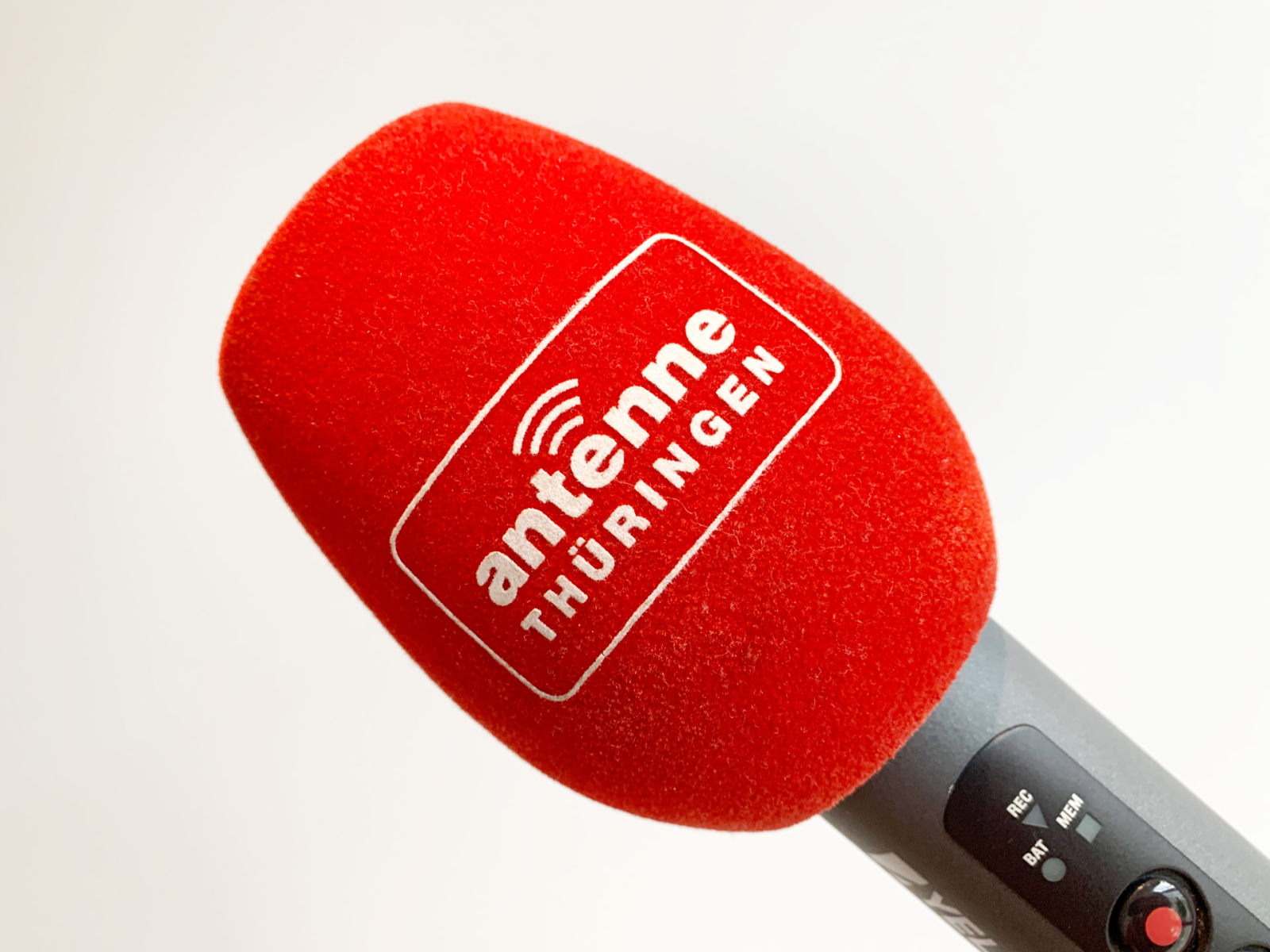NOS News•
After the green light from the European Commission to the cabinet to be able to buy out the large emitters of nitrogen in livestock farming through a scheme, the question is how many farmers will respond. Because what is the company worth and perhaps more importantly: what is the company worth to the farmer?
Determining the value of a farm is not that easy, says Paul van ‘t Veer, broker and appraiser of agricultural companies. “A block of flats with forty apartments, then you already know in advance what the value is. But for most agricultural entrepreneurs it is very complex. Stables are very diverse, often built over several years. Every company is unique and different.”
Many things are taken into account in the calculation: the number of animals, but also how much nitrogen is emitted, whether tractors are left behind, the value of farm buildings and the right to keep animals. “It goes much further than just the stones. It is also about the permits and the location; the whole picture,” says the appraiser.
The cabinet intends to voluntarily buy out a few hundred peak loaders. Some 3000 companies are eligible for this. The approach to the peak loaders is essential for solving the nitrogen impasse. The buy-out should lead to a substantial nitrogen reduction in the nature areas in order to improve nature. Part of the nitrogen space released will go to, among other things, construction projects that are currently at a standstill.
One thing is certain for dairy farmer Jesper Verhoef: “An arrangement can be financially interesting, if it comes with a professional ban, I won’t do it. It’s a great profession, you can’t just buy it off or end it with money. “
In previous stoppage schemes, Dutch farmers were prohibited from starting a new livestock farm within the EU. A major stumbling block, Van ‘t Veer calls such a professional ban. Such a ban is also a condition of this new buy-out scheme, but earlier Minister Van der Wal (Nature and Nitrogen) also spoke about a possible relocation scheme. Livestock farmers may still be able to continue their work at a location that is further away from a Natura 2000 area.
Under its own power
In principle, Verhoef has no objection to moving, but he does need enough land next to the stables for this. “Grazing is not possible on a plot a kilometer away, or if you first have to cross the road with the cows. That is essential for my business operations,” says Verhoef.
The Verhoef family’s land is located next to the Weerribben nature reserve, one of the Natura 2000 areas where nitrogen emissions must be reduced by about 70 percent. “In this case, having a company next to a nitrogen-sensitive nature reserve is not a good combination.”
The nitrogen crisis: what is it again? We will explain it to you in 4, 7, 12 or 15 minutes via the link below:
Whether the dairy farmer falls under the peak tax scheme is still a big question mark. If not? “Then it has to be done on its own,” says Verhoef. “That just means paying for everything yourself.”
The government has ambitious nitrogen targets, which must largely be achieved by the livestock sector. Van ‘t Veer sees that many entrepreneurs would like to, including dairy farmer Verhoef. “It’s a great pity that such an entrepreneur will fall outside the schemes. We can make it very nice together. If there is a relocation subsidy, we can let that area flourish again,” says Van ‘t Veer.
2023-05-07 14:14:24
#Farmers #bought #determine #farm


